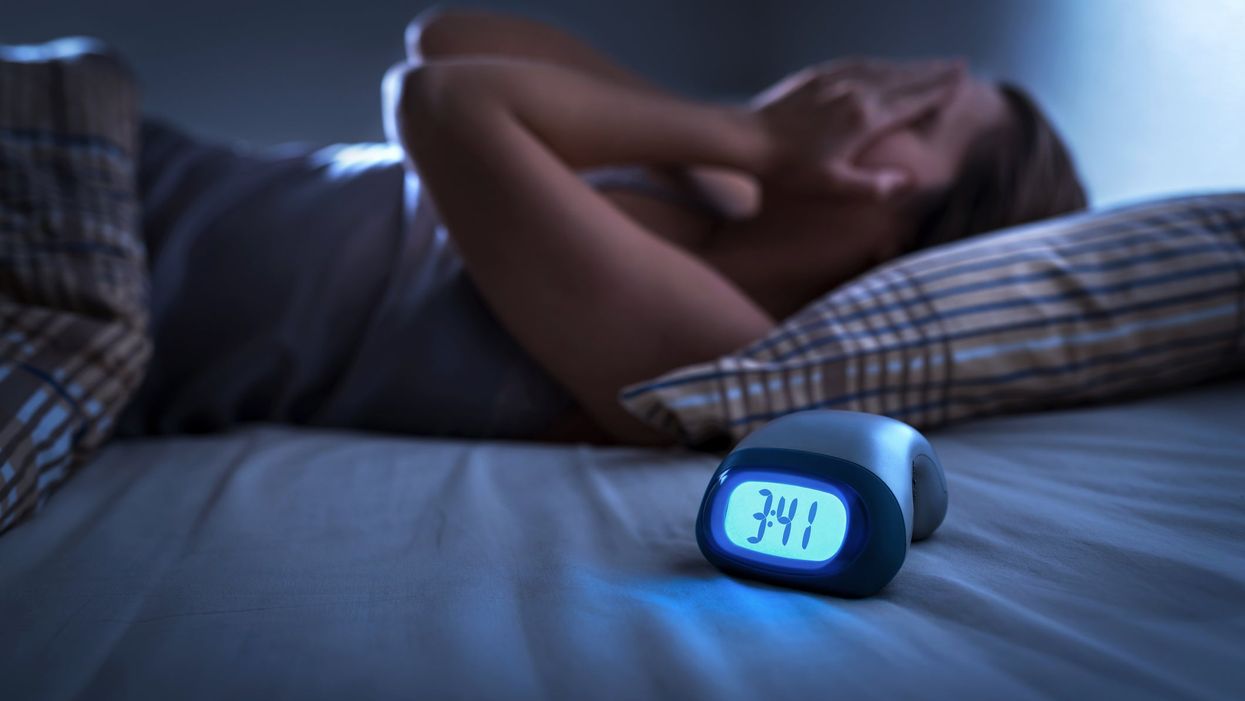Kate Plummer
Sep 10, 2021
We’ve all spent late nights in the pub only to be horrified when setting an alarm for the next morning and realising we haven’t exactly set ourselves up for a restorative night.
But doing this could be more difficult to recover from than you may think. A new study looked at thirteen people in their 20s who slept 30 per cent less than they needed for 10 nights and found that they needed seven nights of unrestricted sleep to recover.
Dr. Bhanu Prakash Kolla, a sleep medicine specialist in the Center for Sleep Medicine at the Mayo Clinic in Rochester, Minnesota, who was not involved in the study, said: “Reaction times improved over seven days and returned to baseline levels while other cognitive tasks including accuracy did not completely recover.”
Meanwhile, sleep specialist Dr. Raj Dasgupta, an assistant professor of clinical medicine at the Keck School of Medicine at the University of Southern California, who also was not involved in the study added: “What the study showed is that there are things like memory and mental processing speed that will not be restored that quickly.
“Definitely, the major parts of sleep loss can be recuperated, but there are things that you’re just not going to get back quickly. That’s why it’s so important not to have that sleep debt in the first place.”
Ouch. It is not the only study suggesting catching those z’s is pretty important. CNN says a lab-based sleep study found that people who were sleeping fewer than six hours a night for two weeks functioned as badly on cognitive and reflex tests as people who were deprived of any sleep for two full nights.
Meanwhile, being awake for just 18 hours can impair your ability to drive as badly as if you had a blood alcohol concentration of 0.05 per cent, according to the US Centers for Disease Control and Prevention.
And a study published in June found that older adults who have difficulty falling asleep are at high risk for developing dementia or dying early.
The CDC also says disrupted sleep is associated with a higher risk of conditions including high blood pressure, weight gain, a lack of libido, mood swings, paranoia, depression, and a higher risk of diabetes, stroke, cardiovascular disease, dementia and some cancers. Depending on age, you need seven to 10 hours of sleep.
“We need to prioritise sleep and try and get at least seven hours each night,” Kolla said. “When we cannot, making sure that we have some time to recoup and being aware that the sleep deprivation impacts our mood and cognition is important.”
How can you ensure your sleep is good then? Well - all the boring stuff helps. That’s having a good diet, exercising, and avoiding cigarettes and alcohol. Avoiding blue-light emitting devices like phones and TVs before bed also helps.
That’s us told.
Top 100
The Conversation (0)














